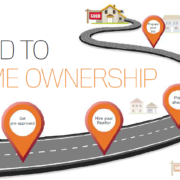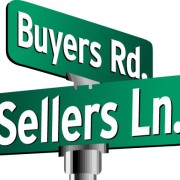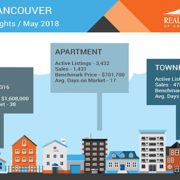Get to know your lenders
One of the biggest aspects of a mortgage is figuring out the best lender. Since every file is unique, a good mortgage broker will likely tell you there’s no “best” lender. Instead, it will be those unique qualities in your mortgage that will determine which lender you’re going to use.
In a typical mortgage, there are three potential types of lenders: the big banks, credit unions and monolines.
A Bank
A bank is a financial institution that accepts deposits, lends money and transfers funds. They are listed as public, licensed corporations and have declared earnings that are paid to stockholders. A key point: they are regulated by the federal government-Office of the Superintendent of Financial Institutions. Everyone knows the big banks and they are considered to be trusted. If you decide to use a fixed-rate mortgage from a big bank, keep in mind the penalty to break the mortgage will be larger than other lenders. The big banks are best for a variable rate, since the penalty will be smaller.
Credit Unions
Credit unions also deposit, lend and transfer funds. However, after that, we run into some differences between the two. Credit Unions have an elected Board of Directors that consist of elected members from their community. They are local and community-based organizations and unlike the banks, they are not federally but provincially regulated.
The advantage to a credit union is they are not subject to the recent stress test rules announced for uninsured mortgages, so they can still service debt under the older rules. The credit unions calculation for penalties are typically friendlier to the borrower and if there are credit issues, they tend to be more understanding than the big banks.
Monolines
Monolines specialize in a single type of financial service, such as consumer credit, home mortgages, or a sole class of insurance. While monolines are often used by mortgage brokers because they are broker friendly, there are some advantages to the consumer. Monolines usually offer better discounted rates, while how they calculate the penalties can be friendly to the client. The biggest knock is they’re just not as well-known or trusted like a bank. It should be noted the major investors in monolines are the big banks, so there’s nothing really to fear.
Now that you know a little about the lenders, you need to know how a mortgage broker can help. A typical broker will have access to up to 90 lenders. That can be a real advantage, because if your mortgage isn’t fitting into the right box, a great broker will turn over every stone and work with the lenders to find a solution. And since a broker has a number of different lenders to choose from, they’ll understand each of the lender’s guidelines to get you the right mortgage.
Source: Ralna Burridge
Dominion Lending Centre, City Wide Mortgages Services.





Leave a Reply
Want to join the discussion?Feel free to contribute!